Britain’s vote to leave the EU will not impact the NATO alliance, US Secretary of State John Kerry predicts “an even stronger NATO going forward”.
“We have high expectations of a very strong NATO meeting and important deliverables. That will not change one iota as a consequence of the vote that has taken place.”
In Brussels Kerry met NATO Secretary General Jens Stoltenberg.
“After the UK decided to leave the European Union I think that NATO has become even more important as a platform for cooperation between Europe and North America but also defence and security cooperation between European NATO allies.”
A House of Commons briefing paper claims that the direct impact of BREXIT on the UK armed forces is minimal.
The briefing paper states:
“The EU may feel the loss of the UK more acutely because the UK is one of Europe’s largest military powers and is one of the few EU countries capable of taking command of a mission. A UK exit could potentially leave the EU with fewer assets and capabilities at its disposal, although the UK could choose to contribute to EU military missions as a third party state.
Arguably the biggest impact will be a reduction in the UK’s ability to influence the direction of travel for European defence. Exit from the EU will remove one of the strongest voices opposing further defence integration and the creation of what is commonly called a ‘European Army’.”
Further, it is claimed that:
“Exit from the EU will not prohibit the UK from working closely with individual European nations to jointly procure equipment, exercise or deploy together on military operations. Withdrawal negotiations will decide whether the substance of two EU defence directives are retained. These directives are designed to make the EU internal defence market work better and to increase competition in the EU defence sector. Major UK defence companies argued before the vote in favour of Remain.
The prospect of a second referendum on Scottish independence will reignite the debate about the location of the UK’s strategic nuclear deterrent, Trident. The Scottish Government opposes its presence in Scotland. The UK Government has promised a vote on the renewal of the deterrent but no date has been given.”
NATO is a security alliance of 28 North American and European states, established by the North Atlantic Treaty in 1949. NATO’s fundamental role is to protect the freedom and security of its member states.
Britain in NATO is pivotal to the alliance. The alliance may be American-led and American-dominated, but Britain remains a vital anchor. Not only are we a fellow nuclear power, we have been the staunchest and closest military ally of the US, in terms of intelligence sharing, battlefield operations and interoperable hardware allowing the whole alliance to benefit.
Douglas Hurd of the Royal Institute for International Affairs said:
“NATO is one of the principal props which have allowed Britain to punch above its weight in the world.”
Under the auspices of NATO, the United Kingdom has been active around the world and has played a leading role in many conflicts.


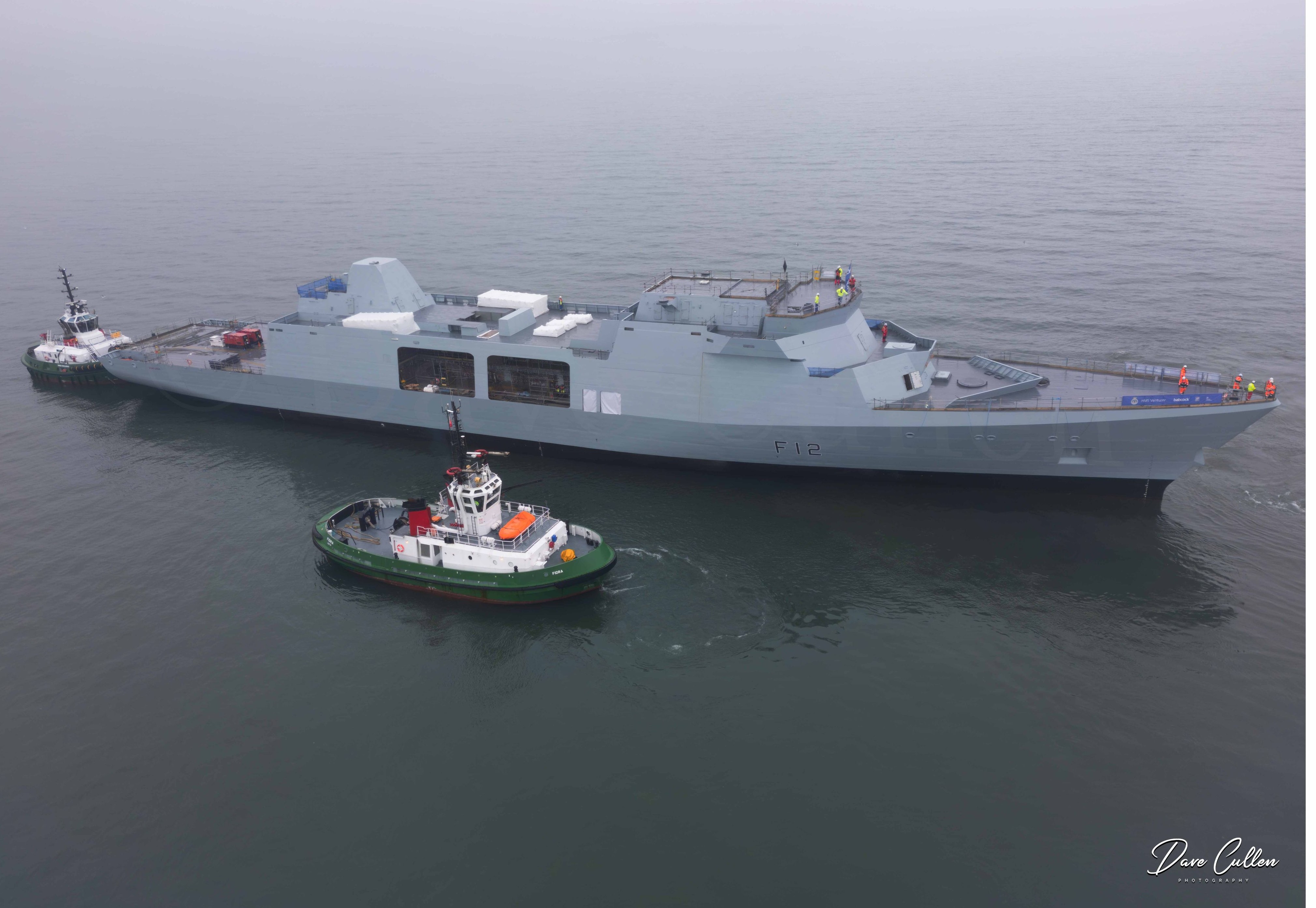


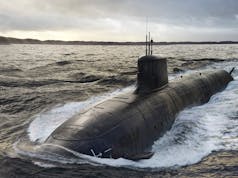
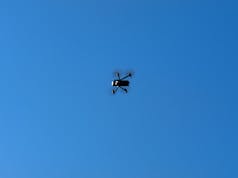
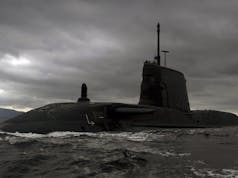


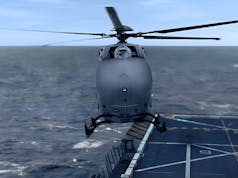

Brexit has nothing to do with the military anyway!! We haven’t left NATO